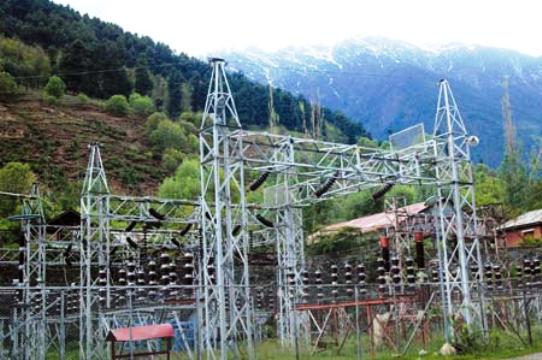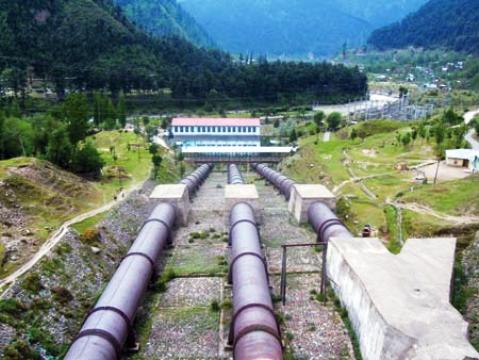Jahangir Raina
Industry usually gets the blame for environmental degradation. I am glad to mention that from the environmental protection perspective, ICT (Information and Communications Technology) industry is perhaps one of the cleanest industries around. There is some recycling of the hardware equipment involved but overall the carbon footprint of the industry is relatively small. This is particularly so in case of software. The only carbon footprint resulting from ICT industry is the usage of power. In J&K where power generation is based on clean technology (hydro) the carbon footprint from ICT therefore in the state is minimal. As such ICT is a sustainable industry from the viewpoint of environmental protection. Any government that is concerned about the environment should promote the ICT industry due to these inherent advantages.
We have a small but growing ICT industry here that employs around 4,000 skilled youth and had an estimated turnover of Rs 35 crores last financial year. This is from the local ICT companies from the state and the figures exclude PC and related hardware sales to consumers. The industry has been able to achieve this without any government help. If we continue the way we are growing independently, our projections suggest that by 2015 the industry will employ between 25,000 to 30,000 skilled youth. With interventions from the state government we can easily double that figure.
Good thing about ICT industry is that as we scale and employ more and more people there is no significant impact on the environment. We have put forward a list of suggestions to the state IT department as to what interventions are required in order to achieve that.
As the ICT industry grows in the state, it can induce growth in other sectors as well. It can facilitate better governance. So there are inherent advantages and reasons for promoting ICT industry in the state.
We have several kinds of ICT companies in the state. They range from software development units, to BPOs, to networking companies / system integrators, to local Internet service providers, e-governance vendors, and training companies. Good thing about this industry is that we have skilled labour available locally. There are some gaps in skills but overall there is a good trainable workforce available.
As mentioned above the ball is in the government’s court. The govt can decide whether or not to take up the opportunity to help ICT industry grow and generate meaningful employment. There is room to improve datacom infrastructure and electricity to the units – perhaps best facilitate through an IT park in the town which is where most of the existing ICT businesses are based. The main requirement from govt’s side at this stage is Public Private Partnership for local ICT projects. These are typically large ICT projects that can generate employment in thousands. While on an individual company level we are niche players, but through consortium of companies the local industry is capable of providing end to end solutions for these projects.
Conclusion: ICT development as an industry is compatible with the environmental protection. ICT should therefore be declared as the thrust area in the state’s industrial policy. There are success stories in the industry. The local entrepreneurs have done an extremely good job so far. So we have done our bit. With interventions from the government, the scope of this industry can easily be doubled in the state.
The industry in Kashmir need not inhibit itself in terms of growth. The kind of potential we have in hydro power generation, the resulting volume of carbon credits alone will counter-balance the impact that the industry is perceived to have on the environment in Kashmir.
(Raina is Chairman, Information and Communications Technology Association of J&K and the text are excerpets from his speech at FCIK-IYCN event in Srinagar.)













